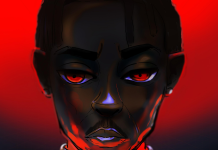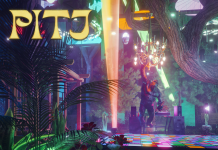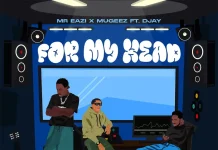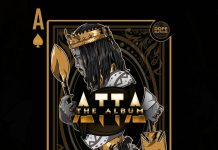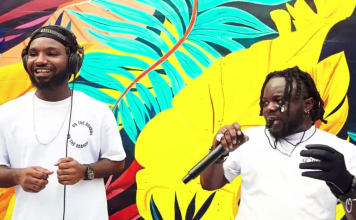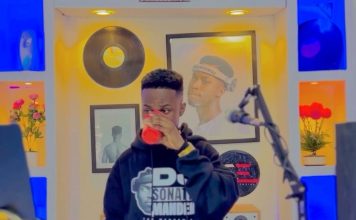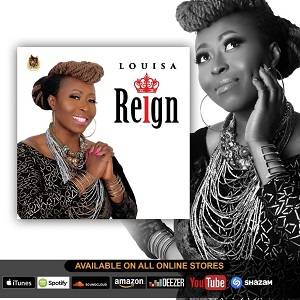
Ghana has a rich and diverse music culture that has evolved over the centuries. Traditional music from Ghana is deeply rooted in the cultural heritage of various ethnic groups in the country, with each having its own unique style and sound.
One of the most popular traditional music styles is Highlife, which emerged in the early 20th century and is characterized by its fusion of Western rhythms and Ghanaian melodies. Highlife is typically played with a combination of brass instruments, guitars, and percussion, and its upbeat sound has influenced many other genres of music in Ghana and beyond.
In recent years, Ghanaian music has undergone a transformation, with the rise of Afrobeats and Hiplife. Afrobeats is a fusion of African rhythms, hip-hop, and R&B, and has become increasingly popular in Ghana and across the continent. Hiplife, on the other hand, blends hip-hop and Highlife, and is known for its socially conscious lyrics.
Ghana has produced a number of successful musicians over the years, including Osibisa, E.T. Mensah, Amakye Dede, Daddy Lumba, and Sarkodie, who have helped to popularize the country’s music both locally and internationally. The annual Ghana Music Awards is a major event in the country’s music calendar and recognizes the achievements of Ghanaian musicians across various genres.
In addition to the music itself, dance is also an important part of Ghanaian music culture, with traditional dances such as Adowa, Kpanlogo, and Agbadza being performed at festivals and other cultural events.
Overall, Ghanaian music is a vibrant and dynamic part of the country’s cultural heritage, reflecting the rich history and diverse influences that have shaped its development over time.

